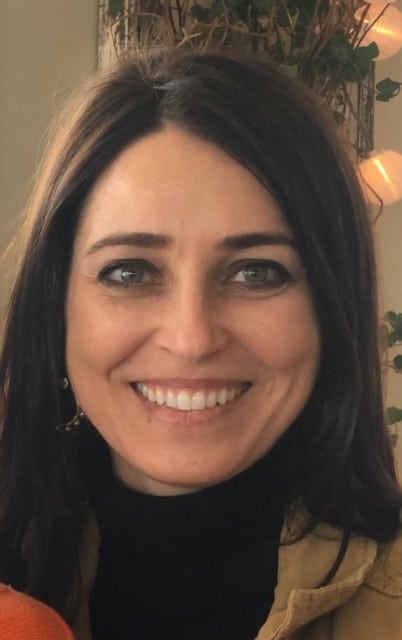
How do you propel science forward in between discoveries? Or when the lab is closed? How about when researchers are remote?
You become your own research publishing platform.
This accomplishes three things:
- It makes your people, programs and projects more visible
- It brings teams together to collaborate
- It attracts talent and grant funding
Harvard is a great example. Ten years ago, they built websites department by department. Departments used different software, agencies, processes, and budgets to achieve their goals. The result was thousands of disconnected websites with different branding, missing research, and dollars wasted.
Harvard wanted a more efficient, unified approach. Unsatisfied with the options available, they created an open publishing platform that allowed every researcher, department, and team to tell their unique stories. Anyone at Harvard, from graduate student to tenured faculty to labs to departments to special projects, can create a website with a click of a button. On it, they publish important research, publications, stories, and collaborations. Researchers take pride in sharing their work publicly while feeling in control of their content.
This inclusive, scalable approach has resulted in the Harvard Stem Cell Institute website and more than 12,000 connected Harvard sites that contain 130,000 publications and attract over 7 million pageviews a month. The network of powerful websites continually strengthens Harvard’s research brand, attracting press, funding, and talent.
What can other research institutions learn from this? Innovative teams at the Broad Institute and more are following this playbook. The same opportunity exists for other fast-moving and forward-thinking biotech, pharma, and medical research firms.
If you’re asking these questions, you have this opportunity too.
- Is research transparency and visibility important to us?
- Does our website showcase our diversity and unique voices?
- Do all of our groups have sites with the latest branding and discoveries?
- Is there an opportunity to better connect researchers to collaborate?
If you haven’t thought about them recently, now is the time.
With the world looking to science to find a COVID-19 vaccine, eyes are on all of us in the scientific community to clearly communicate our purpose, research focus, and progress. In fact, KPMG recently found that 79% of CEOs feel a stronger emotional connection to their corporate purpose since the COVID-19 crisis began.
To take action, start by doing a quick audit of these three areas.
First, are important people, labs, and publications missing from your website? Drop them into a spreadsheet or folder, one central place to have ready.
Second, have visits increased to your site in the past six months? What’s driving the traffic? Has there been a shift on who is visiting – future employees, donors, patients, partners? Know who you want to prioritize talking to for the next six months.
Last, is there a fast and easy path to scale your website to your aspirations? Bring together the research units, marketing and IT teams to understand the timelines and approvals involved in updating your website. Identify any friction points in this process.
Don’t wait for a special moment to level up. You don’t need to commit to a website rebrand, technology change or digital acceleration project to bring your best content online.
Start with your people and labs, the front lines making a real difference to society. Using branded website templates, you can bring hundreds of researcher profile pages and lab microsites online fast. It builds your brand, boosts SEO and increases connections across the company.
At OpenScholar, we are hosting a webinar exclusively for the MassBio community on Turning Your Research Into Impact. OpenScholar’s founder Gary King and CEO Jess Drislane will discuss how to connect your researchers, labs, and discoveries in a single platform that drives visibility for your cutting-edge science. Learn how to transform your website strategy to drive:
- Trust + transparency in your science
- Grants + donations
- Talent acquisition + retention
- Internal, external + cross-disciplinary collaboration
We hope you can join us on October 1, 2020 at 1pm ET. Register for the Webinar.
About the Author:

Jessica Drislane
CEO, OpenScholar
Jessica spent 20 years in private equity as a direct investor in technology companies. She worked for Advent International, Capital Resource Partners, Audax Group and Harvard Management Company. She also managed a fund for BNY Mellon for 4 years, where she was the Director of Hedge Fund Strategies. She was most recently the head of strategy at the eCommerce company, Invaluable, where her role entailed identifying revenue opportunities that mapped to the core technology and operational capabilities of that business.
As Director of Strategy of the OpenScholar project at Harvard, Jess was instrumental in lifting the project out of Harvard and convincing the founding team to join her in privatizing OpenScholar as an LLC, a first in Harvard’s 375 year history.
Jess has a BA from Colby College, an MBA from Northwestern’s Kellogg School of Management and a post-bacc degree from the School of the Museum of Fine Arts at Tufts. In her spare time she runs, reads, practices yoga, plays racquet sports and is on the board of overseers of the Peabody Essex Museum.